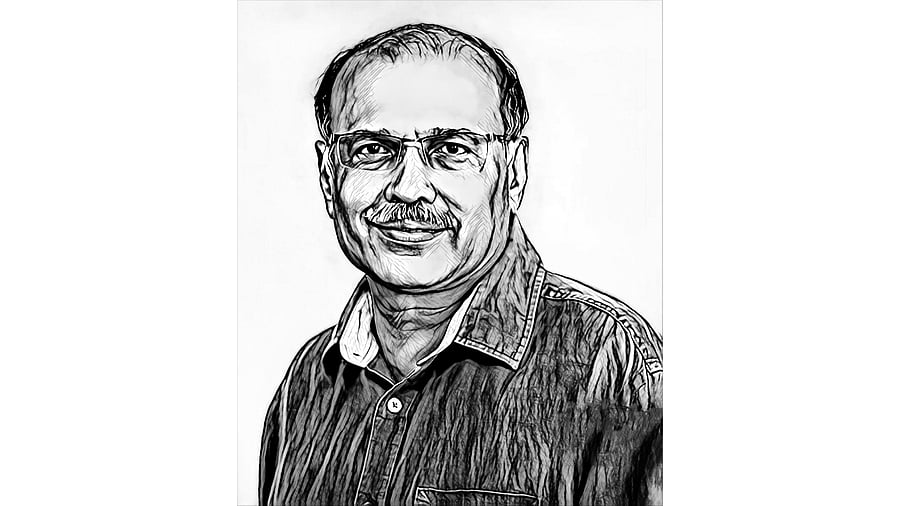
Capt G R Gopinath (Retd.) builds bridges, sometimes by tearing down walls. He is a soldier, farmer, and entrepreneur.
Rahul Gandhi’s allegations of vote chori are unambiguously directed at the Election Commission of India (ECI) and the ruling BJP’s influence on the functioning of the commission. The Congress and its allies have consistently made charges against the EC over multiple issues – from suspicious handling of Electronic Voting Machines (EVMs) to scheduling of election dates to accommodate Prime Minister Narendra Modi’s election campaigns to exclusion of voters from electoral rolls.
The EC’s Special Intensive Revision in Bihar, just ahead of an Assembly election, is a politically contentious exercise. The commission’s insistence on proof of birth and other documents risks the disenfranchisement of millions, including legitimate immigrants with voter IDs and Aadhaar cards.
However, it needs to be noted that Rahul and the Congress leadership had no complaints when the party and its allies tasted electoral victories in states including Karnataka, Telangana, and Tamil Nadu. The big 2024 success in the Uttar Pradesh Parliament election, in alliance with the Samajwadi Party, and the wins secured by Rahul and Priyanka Vadra were not followed up with such apprehensions either.
Of course, none of this is to give a clean chit to the EC. There are genuine misgivings about its actions in the minds of the public. Eminent former election commissioners and the media have questioned the way the commission has been conducting itself. The onus is now on the EC to remove the suspicions about the integrity of its processes.
The charges and counter-charges had me recall my flirtations with politics and its perils. After my service in the Army, I took to farming in rural Hassan. I was invited by some well-wishers and professionals, like lawyers and auditors with an RSS association, to join the BJP and take over as the president of its Hassan unit. It was the late 1980s; the party was trying to rebuild by bringing more professionals into its fold. I was asked to head the unit, not because I was politically astute, but because no one was vying for that post.
The BJP was a weak force in Karnataka then and a big zero in Hassan. Two titans from the rival camps ruled the roost – the late H C Srikantaiah from Congress and former prime minister H D Deve Gowda of the JD(S). I campaigned valiantly from the rural Gandasi Assembly constituency. Violent skirmishes between the intoxicated cadres of the two dominant parties were common. Then, there were no EVMs to be manipulated – we had printed ballot papers. But booth capturing and intimidation of polling booth officials was rampant. Even though there was tampering of ballots, there was no widespread acrimony over the results that went the popular candidates’ way.
I lost miserably and even lost my deposit. Not because of rigging but because I was a political non-entity. I quit politics after that drubbing as it dawned on me that it was easier to fight wars than elections. I was, clearly, a misfit.
I met three senior civil servants from the IAS over dinner a few months ago. One of them had returned from the Parliament election, followed by an Assembly election, while the others had vast experience in electoral matters after having served in the ranks of Deputy Commissioner and above. They agreed that the EC under the BJP dispensation is compromised. They did not approve of the electoral roll revision in Bihar, which furthers an agenda of exclusion. But they maintained that these were not the same as wilful tampering of processes to swing elections. This took me to the key question I had: Is it possible to rig the elections on a large scale, as suggested in the allegations? All three were of the emphatic opinion that it was not possible.
The Republic has evolved through its democratic processes. The EVMs replacing the ballot is also a shift integral to this evolution. These are times marked by concerns over the autonomy of institutions, including the EC. But the course correction should not always be about returning to the old. How about embracing the new and making it better? In today’s India, it is important to revisit what Tom Stoppard said – “It’s not the voting that’s democracy; it’s the counting.”